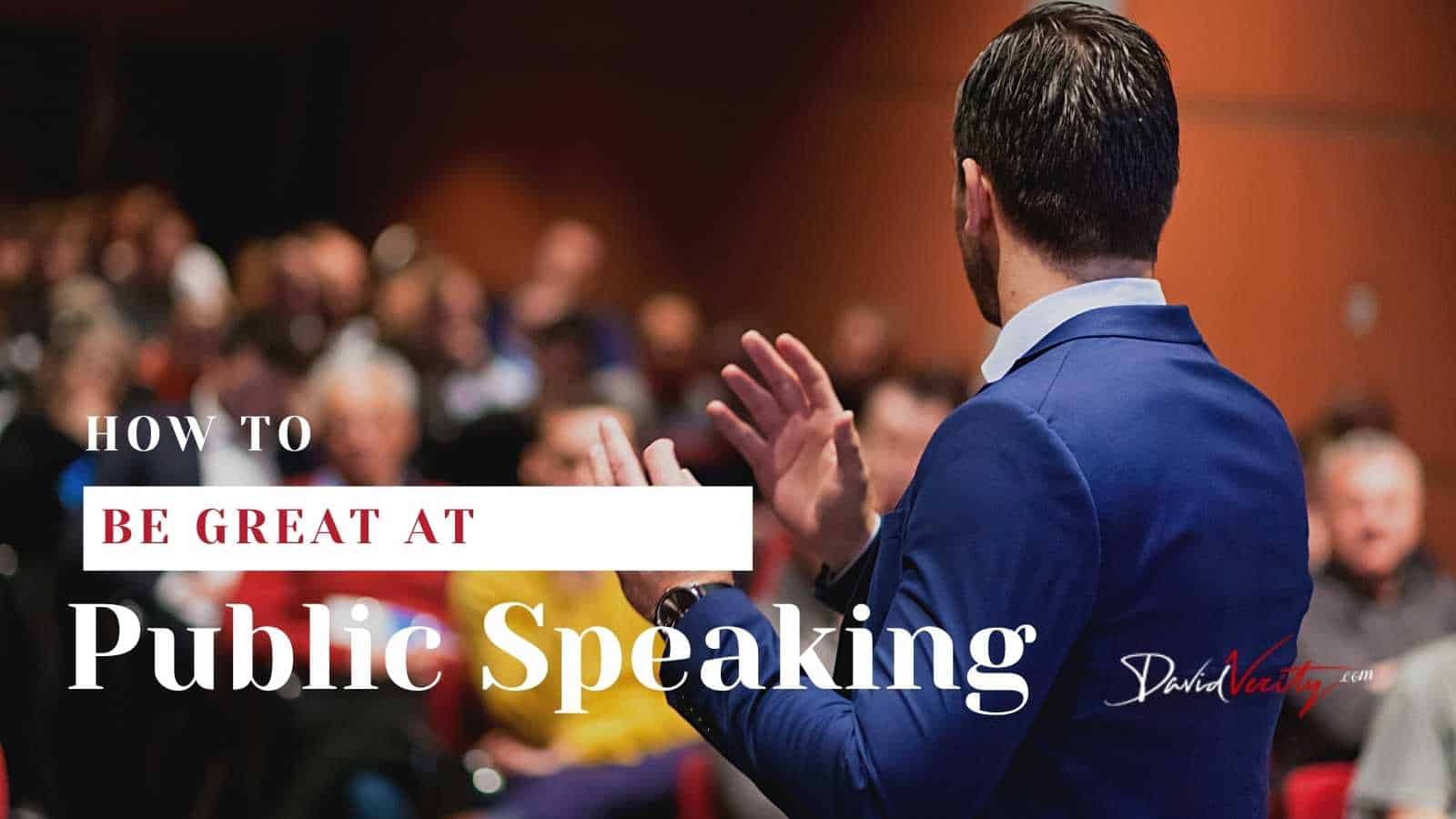
I’ll admit it. You’d expect someone who is a lifelong performer to write an article about the importance of developing one’s public speaking skills and giving tips on how to improve. But public speaking skills aren’t just for politicians, business leaders, and so forth. Public speaking skills are a huge asset to anyone who wants to be considered a strong individual. You can’t be truly good at business if you’re not a good orator, to some degree. Public speaking is something that once mastered can help you in pretty much every area of your life, from business to dating.
Learning to be a better speaker can influence potential employers during job interviews. It can make you considered incredibly attractive by beautiful women. It can help to positively influence people (which was one half of the focus of one of the best selling books of all time, how to win friends, and influence people. by Dale Carnegie, amongst many other perks. It’s definitely something you can’t refuse to consider if you are on the path to Self Mastery. No matter how good you are at something, at the end of the day you’re going to have to interact with other people. Your ideas can be monumental, but if you can’t close people on those ideas, they don’t mean anything – and you can’t close if you’re not good at addressing other people.
It’s been a point of contention ever since Albert Mehrabian introduced the idea in 1971 that 93% of human communication is non-verbal – that is, only 7% of WHAT you are actually saying matters, at UCLA. But it doesn’t really matter. Because when people argue as to the veracity of whether or not 93% of communication really is non-verbal, they’re getting stuck on percentages rather than the larger, veritable picture. And that is that the vast majority of our communication isn’t what we say – it’s how we say it. (How many times have you heard your mother say this? Heh. How often mothers are right.)
Just think about it. If your girlfriend, wife, boyfriend, whomever tells you “Oh, shut the hell up!” with a huge smile on their face, while they proceed to jokingly nudge you, as if to say, “man you’re crazy,” with a smile… does that strike you the same way as someone who tells you to “Shut the hell up!” and stands right in your face, nose to nose, with a stern scowl and balled fists? You be the judge as to whether the main point was communicated with words, or with something more – or less, as it were – subtle.
Public speaking skills are incredibly important. You can’t be a leader if you can’t speak publicly. You can’t be a performer if you can’t speak publicly. You can’t be a thought leader if you don’t speak publicly. And probably more importantly than anything, you can’t learn to empathize and understand others, if you can’t stand before them and interact with them. Warren Buffett calls this the most important skill of all, more important than IQ… the ability to be emotionally intelligent.
So let’s delve into some ways that you can be radically better at public speaking. Here are my top tips to do so.
1. Get out of your own Head
By and far the number one reason why people choke up is because they aren’t present. They are thinking about what they’re saying, how it’s going to be received, etc. Stop doing this. Just focus on the message. Don’t worry about how you’re doing. Psychologist Mihaly Csikszentmihalyi calls it ‘Flow,’ – that state of mind where your presence of mind is completely in sync with actually giving the speech, rather than thinking about the parameters of it. Don’t think. Just flow. It’s not much different than how guys who have performance anxiety in the bedroom experience troubles. If you are in a REACTIVE frame of mind, and are constantly thinking about what the other person is thinking, rather than simply enjoying yourself (an active process,) then you have problems.
2. Practice
You don’t have to practice on important speaking engagements, obviously, and fortunately. You can practice speaking with others who are willing to listen. A partner, a friend, or even the wall or a mirror. It doesn’t really matter, so long as your focus is on delivering your message. Here’s a great talk by Josh Kaufman at TEDexplaining how being great at something really only takes about 20 hours. The more you practice something, the better you will get at it.
3. Focus on Making a Difference
The only way you’re going to get good is by practicing, but the only real motivator behind actually doing that is by really wanting to make a difference. If you can focus on the difference you will make, the rest becomes a cakewalk and takes care of itself, and the practice and execution will come. Think about a time when you were super sincere about something. You were motivated by your emotions to stand up for yourself. Notice how in these moments, YOU DON’T CARE WHO IS AROUND YOU. It suddenly seems to go away. That’s because when you are speaking from your heart, emotionally, everything else seems to fade away. This goes for singing, or anything else. And trust me, I’ve been doing it for over 20 years.
4. Write a List
You guys know how big a fan I am of list keeping. It has transformed my day to day life in a major way, most likely because I am so ADD. But if you find yourself not quite on track as much as you’d like, I find that keeping bullet points or even making your own mnemonics is a great way to stay on track. I even do this when it comes to having conversations with people. Depending on the situation or the desired outcome, I’ll make up a one word mnemonic that will help me to quickly and easily remember whether or not I’ve touched on all the main points I’m trying to make. It’s easy to do, and relatively undetectable, especially if you’re good at knowing how to use the art of pausing.
Those are the main points I can think of as to how to make a difference. I won’t bog you down with a myriad of other tiny details. I saw a post on the net about so called “tips” from an author recommending things for speaking publicly like “watch comedy.” That’s a tip? Look. Do these 3 things and you won’t need to watch anything. YOU will be watched – and admired – for your authenticity.
Thoughts? I’d love to hear from you.

